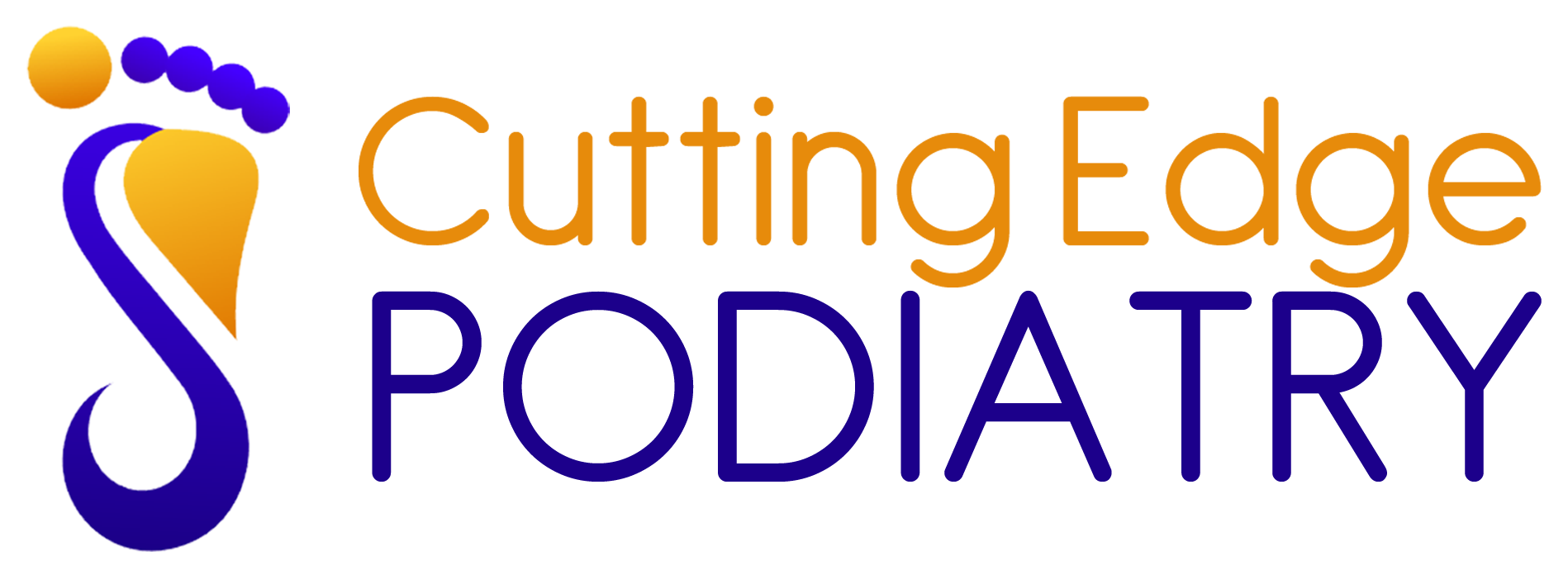What is Shin Splints?
Medial Tibial Stress Syndrome (MTSS), also known as shin splints, is among the five most common running (and walking) injuries. MTSS is a term used to describe pain associated with activity in the anterior tibia (the front of the lower leg). Shin splints is an overuse condition, specifically associated with running, walking, and military personnel, where there are significant changes to loading, volume, and impact exercises.
Epidemiologically, 13-20% of runners and 35% of military recruits are prone to shin splints. Other risk factors include being female, having a history of MTSS, a higher than average BMI, and a high degree of pronation of the feet (a low arch height).
The pathophysiology is related to unrepaired microdamage accumulation in the cortical bone of the distal tibia. There is typically a periostitis in the site of the injury, which usually correlates to the insertion points of the tendons of soleus, flexor digitorm longus, and posterior tibialis. However, it is unclear whether the periostitis occurs before the microtrauma or vice versa.
Risk Factors for Shin Splints Among Runners
1. Anterior pelvic tilt – This is where the pelvis is tilting forward creating a lordosis of the lumbar spine. It is often associated with poor posture and muscle control.
2. Over-stride – This can occur in running or sometimes when walking too. Overstriding and reaching too far forward at heel strike. Sometimes this is combined with reaching and rotating the hip forward too much to find the extra distance.
3. High vertical excursion – too much bouncing up and down while running.
4. Reduced knee flexion at heel strike – associated with overstriding. This involves striking the ground while the knee is too straight.
5. Too much ankle joint flexion at heel strike – associated with overstriding and reduced knee flexion at heel strike.

6. Pelvic Obliquity – increased pelvic obliquity is where when the non weight-bearing leg is going through the “swing” phase and the body weight is on the other leg in “stance” phase. This allows the hip to drop – producing an uneven pelvic position.
Treatments For Shin Splints
(Generic, not individual or specific)
The following treatments are available for shin splints:
1. Combined Shockwave Therapy and K Laser treatments.
2. Running shoes – get running shoes that are the most appropriate for your running style and foot type – a specialist running shop will be able to help.
3. Orthotics – fitting your running shoes with orthotics suitable for your feet is an intervention that will further down the loading of muscle groups. Choose between off-the-shelf and custom-made orthotics.
4. A muscle strengthening and stretching programme will address imbalances and range of motion.
5. Gait Retraining (see below)
Gait Retraining To Help with Shin Splints
(Generic, not individual or specific)
Typically, a runner prone to shin splints will exhibit weaknesses in their gait. These weaknesses vary by individual. Retraining one or more of the below weaknesses will help reduce the occurence of shin splints.
- Increase step width
- Reduce pelvic obliquity through muscle control
- Improve knee flexion at heel strike
- Increase cadence- the shorter your stride, the more steps you take per minute. This reduces load and therefore the risk of injury.
- Decrease over-stride
However, how do you know what your specific weaknesses are and what you need to change? Read on…
Gait Analysis for Shin Splints
At Cutting Edge Podiatry, we have the only Run3D gait analysis system in East Anglia, hosted in our brand new Gait Lab.
A Run3D appointment will help determine your individual running or walking issues. You will receive a report detailing what exactly is happening (in real time) when you run or walk.
The information gathered in a Run3D session enables us to recommend a rehabilitation programme of exercises to address your specific issues. We can also refer you on for a footwear assessment – and make you bespoke prescription orthotics if needed.
Book your assessment now on 01223 633 038.


